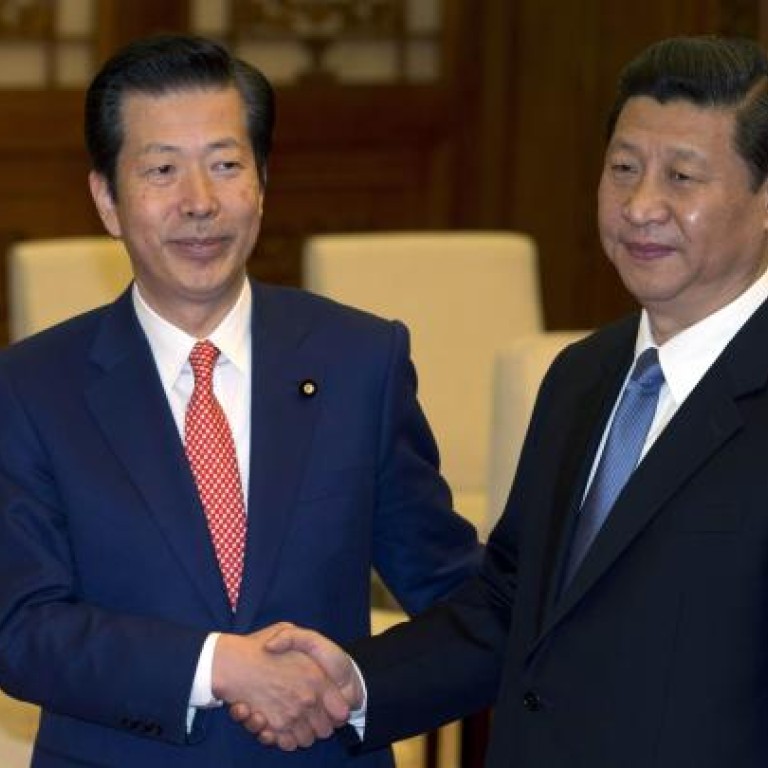
The major power shift at play in East Asia must not end in war
Yoon Young-kwan says the parallels between today's East Asia and volatile 19th-century Europe should persuade leaders to redouble efforts for peace
Whether East Asia's politicians and pundits like it or not, the region's international relations are more akin to 19th-century European balance-of-power politics than to the stable Europe of today. Witness East Asia's rising nationalism, territorial disputes, and lack of effective institutional mechanisms for security co-operation.
While economic interdependence among China, Japan, South Korea, and the members of the Association of Southeast Asian Nations continues to deepen, their diplomatic relations are as burdened by rivalry and mistrust as relations among European countries were in the years prior to the first world war.
One common characteristic, then and now, is a power shift. Back then, Britain's relative power was in decline, while Germany's had been rising. Similarly, at least in terms of economic capability, the United States and Japan seem to have begun a process of decline relative to China.
Major power shifts define eras in which leaders are likely to make serious foreign-policy mistakes. Indeed, poor management of international relations at such junctures has often led to major wars.
Historically, rising powers tend to become too confident too soon, leading them to behave imprudently, which frightens their neighbours. For example, Kaiser Wilhelm II dismissed Otto von Bismarck as chancellor in 1890, less than 20 years after the formation of the Second Reich, and began to destroy Bismarck's alliance network. His rough diplomacy frightened France, Britain and Russia, making it easier for them to unite against Germany.
China's new diplomatic assertiveness recalled that of Wilhelmine Germany. In both cases, insecurity resulted not from an external threat, but from top policymakers' own actions.
The extent to which policymaking by China's new leader, Xi Jinping, takes into account the insecurity felt by its neighbours - and abandons a quest for absolute security for China - will be one of the key variables influencing East Asia's security environment in the years ahead.
America's foreign policy will be another key factor. If it pursues a predominantly confrontational approach, East Asian politics will inevitably become polarised, just as multipolar 19th-century Europe gave way to an increasingly bipolar order in lockstep with rising tensions between Germany and Britain.
A confrontational US approach towards China, moreover, would imply an additional destabilising factor: Japan might become much bolder than necessary in its foreign policy. US diplomacy will need to be dexterous. It must ease Japan's sense of insecurity, while persuading its leaders to refrain from excessively nationalist behaviour. Frankly, with two decades of economic stagnation behind it, Japan has more important matters to pursue.
There is much to learn from the diplomatic failures that led to the first world war. A new history, by Christopher Clark, of the diplomatic prelude to that war is called, fittingly, . The question for the US and East Asia's leaders today is whether they will wake up and develop effective multilateral mechanisms for security co-operation before doing themselves serious harm.

